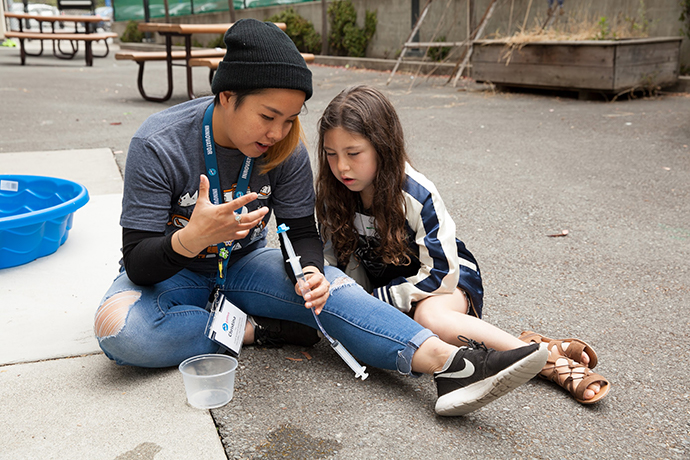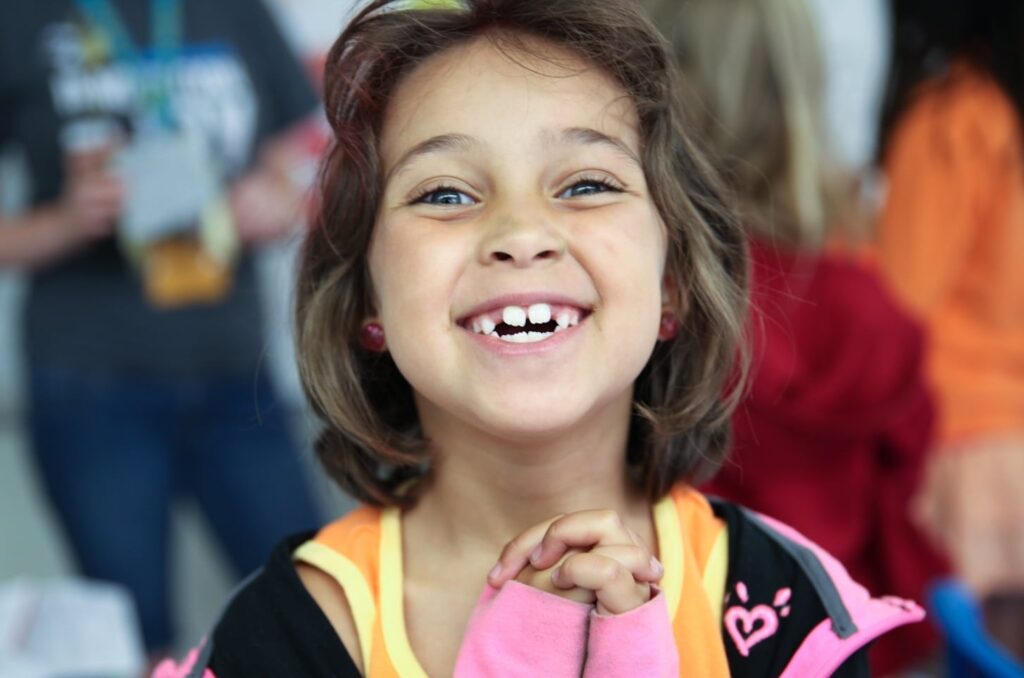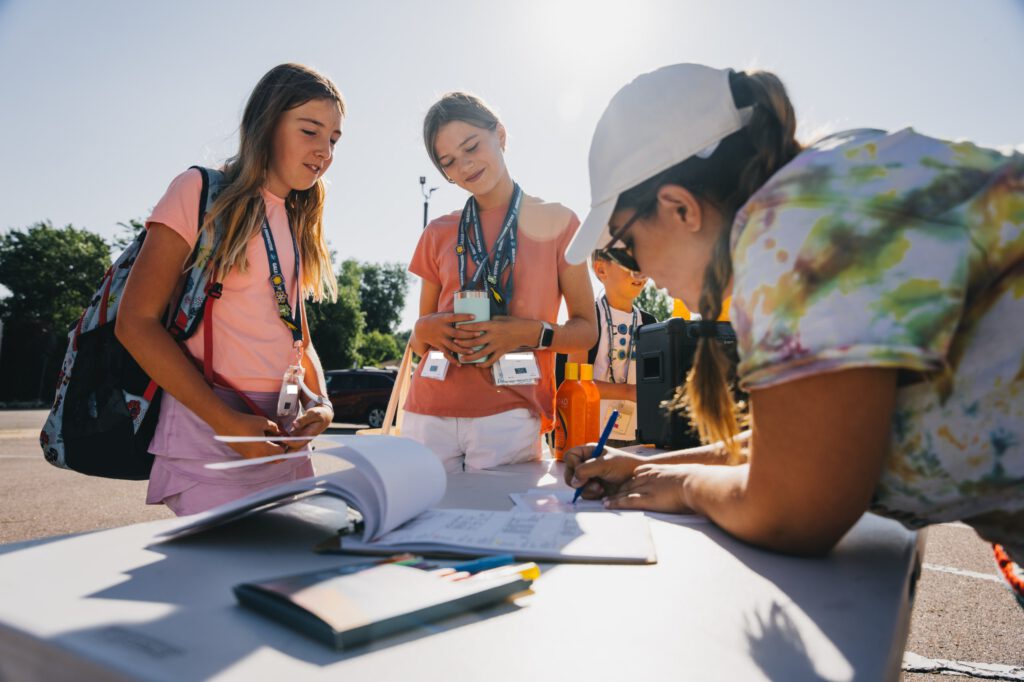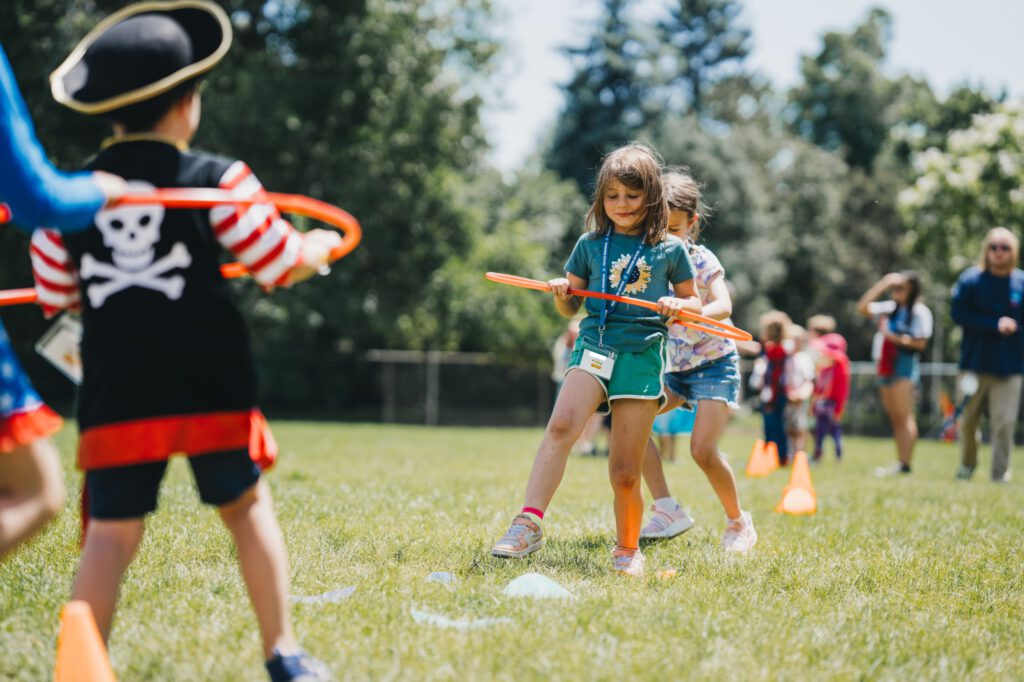IQ, EQ, EI, SEL – what do all these acronyms mean and why are they important? As parents, we want our kids to be healthy, happy and successful in life. Schools have traditionally focused on IQ (intelligence quotient)—our cognitive capacity and learning potential—for educational placement and to predict job performance. EI (emotional intelligence) is an awareness of our own emotions, the emotions of others and the ability to let this understanding guide our thoughts and actions. And EQ, or emotional quotient, is a measure of EI. Research has shown that EQ may be a better indicator than IQ for potential health, happiness and success in both careers and relationships.
Emotional intelligence helps us manage ourselves and our relationships with others. So how can parents be sure that kids are building and fortifying their EQ from the preschool years right through to high school? The answer is social-emotional learning, for it is through SEL that kids come to understand themselves and to develop empathy for others.
THE IMPORTANCE OF SOCIAL-EMOTIONAL LEARNING
Our current economy demands different skills of workers, and many of them relate to social-emotional learning. In addition, studies show that when there is focus placed on SEL, kids’ academic performance improves. Daniel Goleman, who has written extensively on emotional intelligence, says EI encompasses these competencies:
- Self-awareness — The ability to recognize and understand your emotions, values and capacities is self-awareness. A growth mindset is essential because as kids regularly challenge themselves, they come to understand all that they are capable of. Through reflection, they become more aware of their strengths and develop self-confidence.
- Self-management — Solving problems and making decisions responsibly are examples of self-management. Change and conflict, though they elicit negative emotions at times, provide powerful opportunities to hone these important capabilities.
- Social awareness — Understanding and respecting the perspectives of others, including individuals and cultures different than our own, help us to be empathetic. These factors contribute to building successful relationships. They are particularly important in the era of glocalization in which we can impact global issues right in our local area.
- Relationship management — Maintaining healthy relationships is critical to a happy and secure life. Learning communication skills and compromise are key aspects of this competency.
Additionally, the Collaborative for Academic, Social and Emotional Learning (CASEL) adds Responsible Decision-Making to Goleman’s framework as a fifth and separate core competency to be developed at home, in school and in the community. Through this competency, we are able to identify and analyze problems, devise solutions, then evaluate and reflect back on them.
ENSURING THAT KIDS GET WHAT THEY NEED
A growing body of evidence suggests that early competence with emotional intelligence is predictive of long-term health and well-being; thus, it is important to provide SEL opportunities for kidswhen they are young. Proponents argue that social-emotional learning is as crucial for kids as basic literacy and numeracy. SEL helps to create balance and provide an environment where academic learning is optimized.

Summer camp can enhance social-emotional learning for kids in a fun and engaging environment. Camp Galileo and Galileo Summer Quest are designed to inspire and motivate kids entering pre-K through 8th grades to make a difference. In a cooperative, collaborative environment that taps their curiosity and creativity, campers are drawn into projects that encourage them to exercise and develop their emotional intelligence. Inspiring themes and majors invite kids to share their ideas, and this empowering method promotes empathy and motivates kids to use their innovative ideas to change the world.
With the understanding that success in life requires empathy, resilience and a host of other skills outside the traditional school curriculum, it is important that we advocate for social-emotional learning experiences for our kids. Helping them to acquire those competencies will ensure both intrapersonal understanding and healthy interpersonal relationships that can prepare them for a productive and rewarding future.
Check out the summer adventures in your area that enhance kids’ social-emotional learning:San Francisco Bay Area, Southern California, and Chicagoland. Sign up for our mailing listto keep up-to-date on our camp happenings, innovation resources and registration information for our upcoming 2019 camp season.



